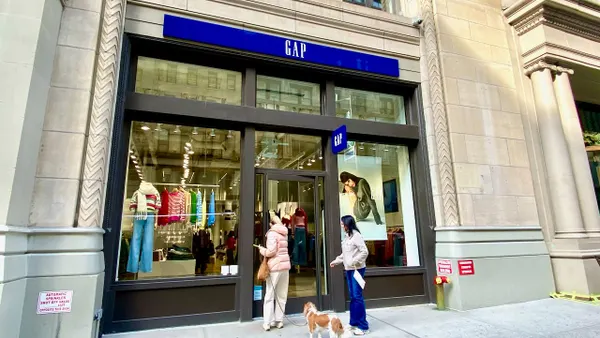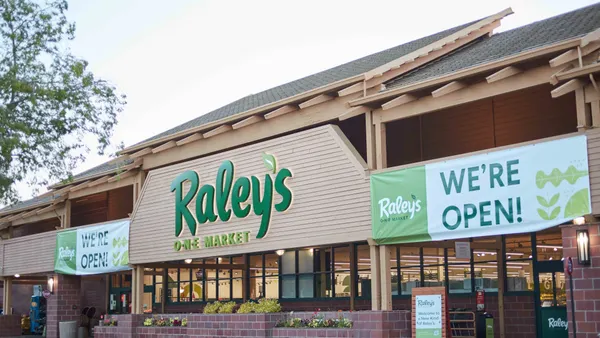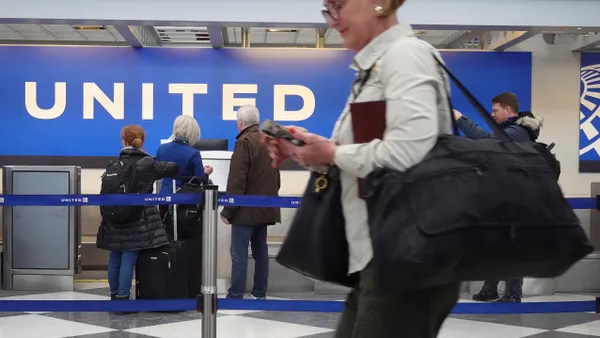Dive Brief:
- Consumers are concerned about the state of the economy in the wake of a fresh wave of tariffs, a Wunderkind survey found. Wunderkind surveyed over 350 U.S. consumers between Aug. 5-7.
- Three in five consumers describe themselves as cautious, pessimistic or panicked by the economy.
- Such concern is translating into consumers adjusting their shopping habits: 35% are seeking deals more often, 31% are buying fewer non-essential items, and 31% are shopping less overall.
Dive Insight:
Economic uncertainty is weighing on consumers, with consumer sentiment tumbling in recent quarters. As consumers become more price conscious and shop around, it’s putting loyalty at risk.
“Since tariffs were announced earlier this year, U.S. consumer sentiment has steadily shifted from guarded concern to entrenched caution,” Tim Glomb, VP of digital, content and AI at Wunderkind, said in an email.
Consumer price anxiety is the defining challenge for CX leaders. The majority of consumers cite higher prices as their No. 1 concern, followed by unpredictable price increases.
Online shoppers are looking for the best deal, with 37% visiting more websites to compare prices and 15% using browser extensions or coupon apps.
“Loyalty is absolutely at risk when deal-seeking becomes the norm, because price-conscious shoppers are more willing to switch brands for a better offer,” Glomb said. “To counter that, leaders should pair competitive promotions with transparency and exclusivity, making customers feel they’re getting special access rather than just another discount.”
But it’s not just value — brands need to show that they understand their customers.
“In today’s tariff-driven, price-sensitive market, CX leaders need to combine empathy with clear value delivery at every touchpoint,” Glomb said. “That means transparent communication on pricing and availability, backed by visible efforts to help customers save — whether through personalized offers, loyalty rewards, or flexible payment options.”














